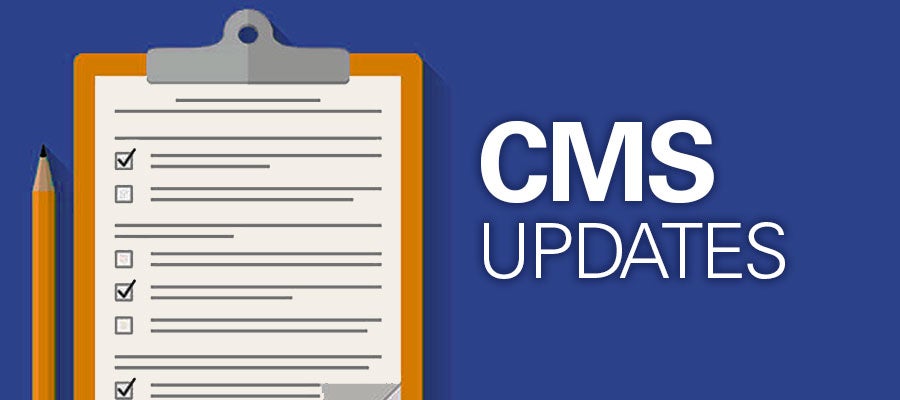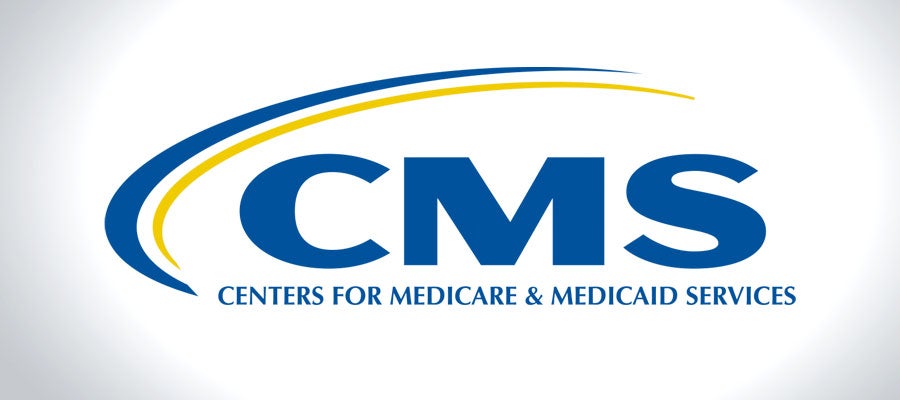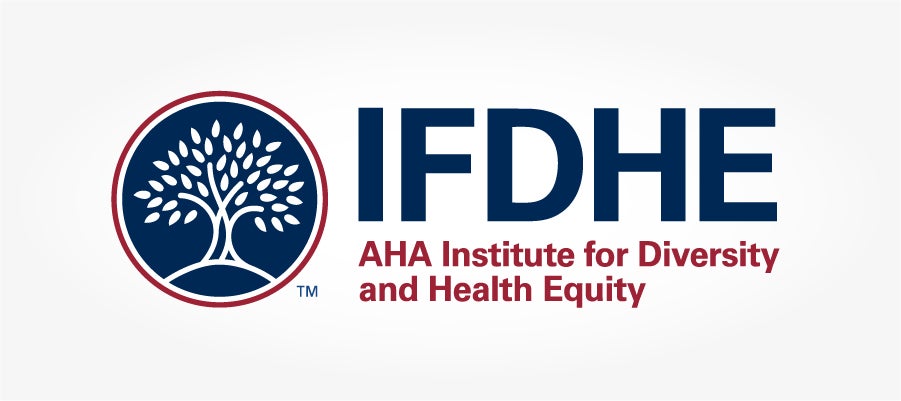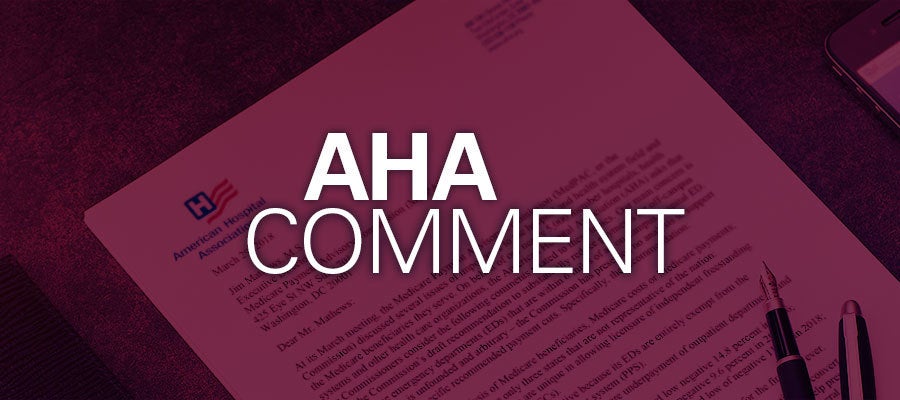
The Internal Revenue Service released proposed regulations addressing the treatment of direct primary care arrangements, health care sharing ministry memberships and certain government-sponsored health care programs under section 213 of the Internal Revenue Code.






